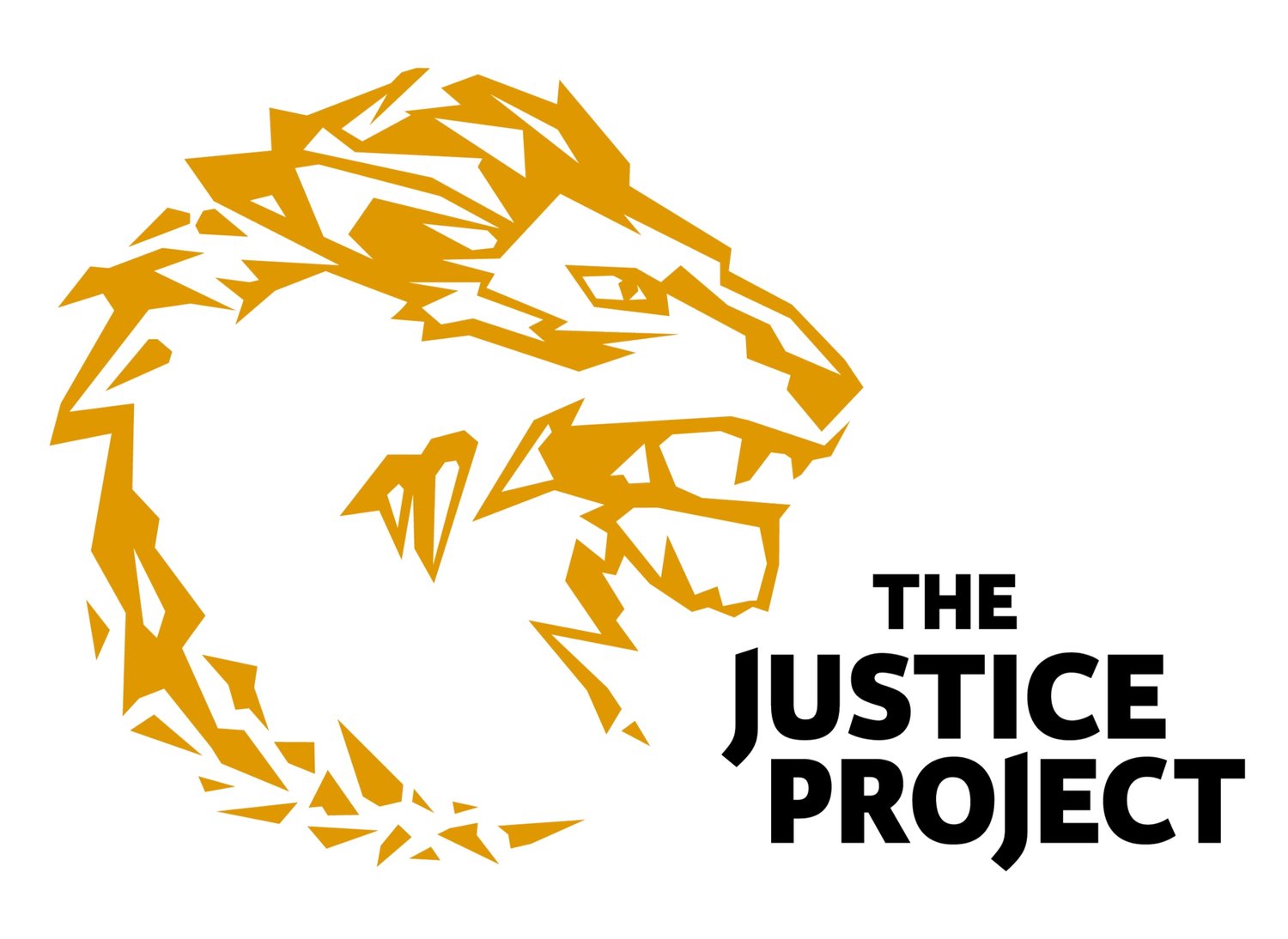Our Work Philosophy
An altruistic and dialectic pragmatism governs our work (*we warned you it’s philosophy).
Pragmatism means that we prioritize the question of how ideas and policies function practically in the lives of our clients, especially those in greatest need. Oftentimes, policies and their related ideas can tend to serve their own internal logic, which can have a silencing effect on other factors that are especially relevant to our clients. Instead of ignoring those realities as they present themselves, we acknowledge them and seek tangible and locally-based solutions that can operate within the real circumstances of those we are serving. Yet our pragmatism does not stand alone.
The pragmatism we hold to can be described as altruistic since we believe that selfless human action can change situations for the good. Even if our pragmatism directs us to acknowledge certain realities as they present themselves, our altruistic attitude recognizes that active engagement can be a source of change.
Finally, our pragmatism is dialectic since we are always seeking to expand our ability to hear and perceive the realities facing our clients. A dialectic mindset is on the lookout to hear from the most relevant voices on the subject at hand and is suspicious of how ideas and policies have the tendency to overpromise.
Our Approach
We seek to effectively address the diverse needs of all our clients in the most system relevant way. Due to the complexity of prostitution, the questions concerning the overlap and distinction between human trafficking and prostitution, and the tensions between various political approaches related to prostitution's legalization, we are often confronted with inconsistencies between our governing approach and the promise of a singular solution to the challenges facing women in prostitution.
Shaped by this attitude, our approach can be seen in the following principles:
Based on our practical experience and the legal definition of human trafficking, we consider it necessary to communicate human trafficking as separate from prostitution unless correspondences are explicit. Furthermore, not all problems and difficulties encountered by women working in prostitution should fall under the concept of human trafficking.
We consider the objectification of women and a correlating male sexual entitlement to be a social concern which we seek to counteract through education and by communicating contrasting values.
By using a supportive, self-help approach, we empower women who have been trafficked or are involved in prostitution to make full use of their rights and all available resources.
We always work with an open-ended, accepting attitude toward all our clients. We view each person holistically and see them as experts in their own lives, offering them support to develop solutions to their problems and challenges.
We believe that having an attitude of acceptance of our clients in prostitution and simultaneously expressing criticism toward the exploitative elements within the sex industry are not mutually exclusive. A critical examination of every policy and law, especially how it affects our clients, is necessary to ensure the best for our clients.
Women in prostitution face many societal barriers. In our work, we try to build bridges that overcome these hindrances and help them overcome social stigmatization.
We are committed to identifying trafficked women, exposing criminal structures, and prosecuting and punishing offenders and see the role of criminal justice as essential to our client’s receiving their full rights.

